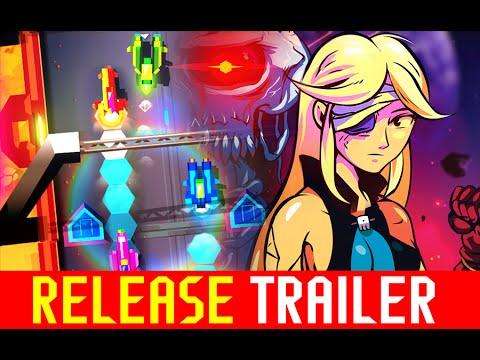
YouTube videos require cookies, you must accept their cookies to view. View cookie preferences.
Direct Link
Direct Link
In many ways The Next Penelope is similar to the Micro Machines video games, sharing its general feel in controls, the top down perspective, and generally narrow tracks. This is an influence that the creator readily admits and expands upon in ways that make the gameplay plenty different. Not all stages are pure races, for instance, and there's boss battles, time trials and survival segments that must be overcome by the player. Couple that with a few extra bonus stages and there's much more to the game than the basic competitive racing aspect. It was nice to have these different sequences to break up the usual action and I thought that that's where an important part of the uniqueness of the game really lies.
Players acquire tools and weapons as they clear more and more stages and these, in turn, open up new possibilities in subsequent races; objects on the track can be smashed through with a boost, opponents taken down by mines and gunfire and sometimes short segments of the track can be skipped with the use of teleportation. This all comes at the cost of energy which is scarce and not easily acquired mid-race. Additionally, there's a light element of customization in the game. In between selecting which group of stages to take on next, players can spend earned experience on improving various characteristics of their ship.
The game controls well with both gamepad and keyboard, though I would recommend playing it a gamepad because of the extra precision that can be achieved in turns by using and analog stick. The learning curve isn't too steep, thanks to the fact that every new ability is given its own introduction stage. Difficulty is uneven in places, however, with some stages requiring significantly better playing to successfully complete. The game ranks each world with respect to its expected challenge but I found that within the same category some stages were comparatively much easier than others. Overall, however, nothing felt too impossible and I was able to get past the places where I occasionally got stuck after a few attempts.
On the audiovisual side of things, it's safe to say that the game puts on a competent showing. The soundtrack is a combination of different styles mixed in with electronic elements. It's more than suited for the futuristic vibe of the game and varies appropriately for each world. In my book the game gets extra points for having a particularly good track that sounded like something out of the Wipeout series. Putting that aside, the visuals are bright and the overall design favors simple-looking objects and backgrounds. I wouldn't call the visuals pretty but they do work and, despite their borderline cartoonish nature, I grew used to the style over time. The only real gripe I had with the graphics was that sometimes there would be too many things on-screen at once and it becomes easy to get distracted by all the different colors and hit something.
This is a game that has personality in spades. It borrows heavily from Homer and Greek mythology and uses characters and elements from these to create its own futuristic interpretation. I really enjoyed fighting a mechanized Arachne, chasing Charon or destroying a large flying Minotaur head as I warped between hazards and enemy fire. While I couldn't say that the quality of writing or the plot itself was more than average, the way the mythological creatures and Gods are interwoven into the feel of each world made me more than willing to overlook the otherwise straightforward nature of things. That said, I found it an interesting twist to forgo the obvious hero Odysseus and play as the desperate Penelope instead. I sympathized with her plight and her physical condition was less than optimal; not only has she lost and eye and been maimed but she has to suffer through her quest while fending off her suitors in races every now and again.
There's a few technical issues I had with the game. Firstly, the steam overlay doesn't work. With no FPS counter, I wasn't able to accurately judge the game's performance. The game struggles at times on Mesa drivers though there are no issues with either AMD or Nvidia proprietary drivers that I found. The game doesn't remember my video settings between sessions either. There's only really four simple settings there and it takes 2 seconds to change them but it's still mildly annoying having to do so every time.
Overall, The Next Penelope is a fun game. It's a nice change of pace from the usual types of racing games and I liked that it tries to be different by combining all those disparate inspirations into itself. Aside from the previously stated complaints, I would have to criticize the game's length as its biggest failing. Save for the bonus challenges, there's no real extra content that would compel me to revisit the game periodically. Multiplayer is limited to local play and is rather bland. The game is at its best as you progress through the story and gain new abilities.
I can recommend The Next Penelope to anyone who wants to try something different, particularly those who might enjoy a more arcade-like racing experience. It has fast-paced action, is somewhat brief and has a weirdly unique characters and setting. If you can look past the few minor annoyances then it's easy to get plenty of enjoyment out of it. In the end, it fills a gaming niche that I didn't know needed filling but am now glad exists.
You can grab The Next Penelope on Steam.
Some you may have missed, popular articles from the last month:
All posts need to follow our rules. For users logged in: please hit the Report Flag icon on any post that breaks the rules or contains illegal / harmful content. Guest readers can email us for any issues.
Yeah, it's a good game (and a looker, might I add!). My first impressions of the intro level was meh. When I got past that (it's very brief) it really shined.
1 Likes, Who?
Thanks for the review. :) Looks like a game I might enjoy.
0 Likes
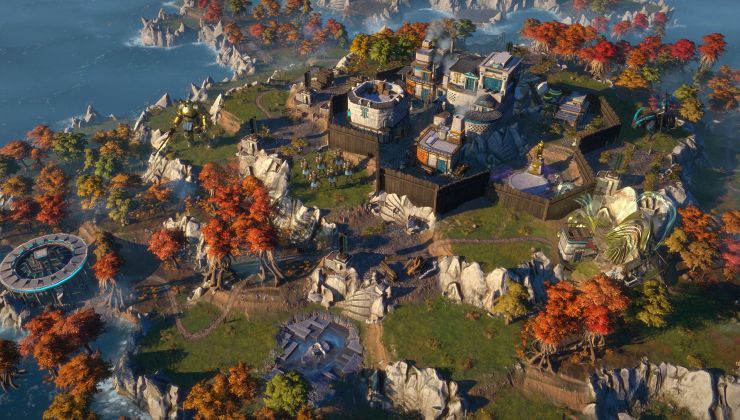
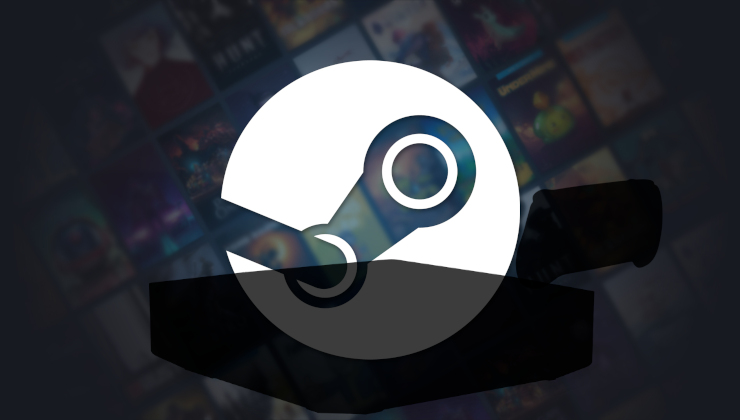
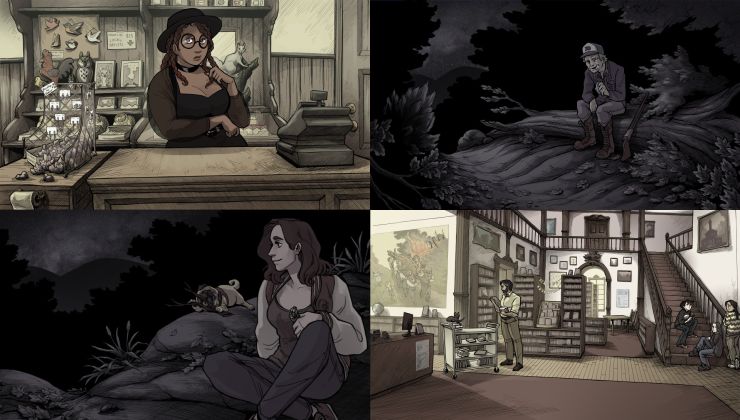
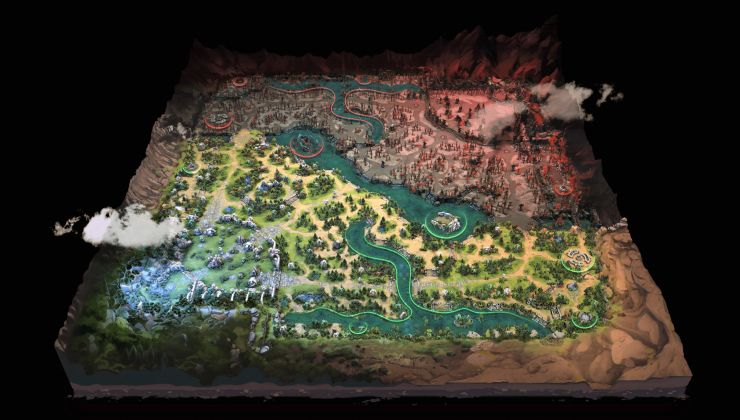


 How to set, change and reset your SteamOS / Steam Deck desktop sudo password
How to set, change and reset your SteamOS / Steam Deck desktop sudo password How to set up Decky Loader on Steam Deck / SteamOS for easy plugins
How to set up Decky Loader on Steam Deck / SteamOS for easy plugins
Oh and the name doesn't mean anything but coincidentally could be pronounced as "Buttery" which suits me just fine.
See more from me